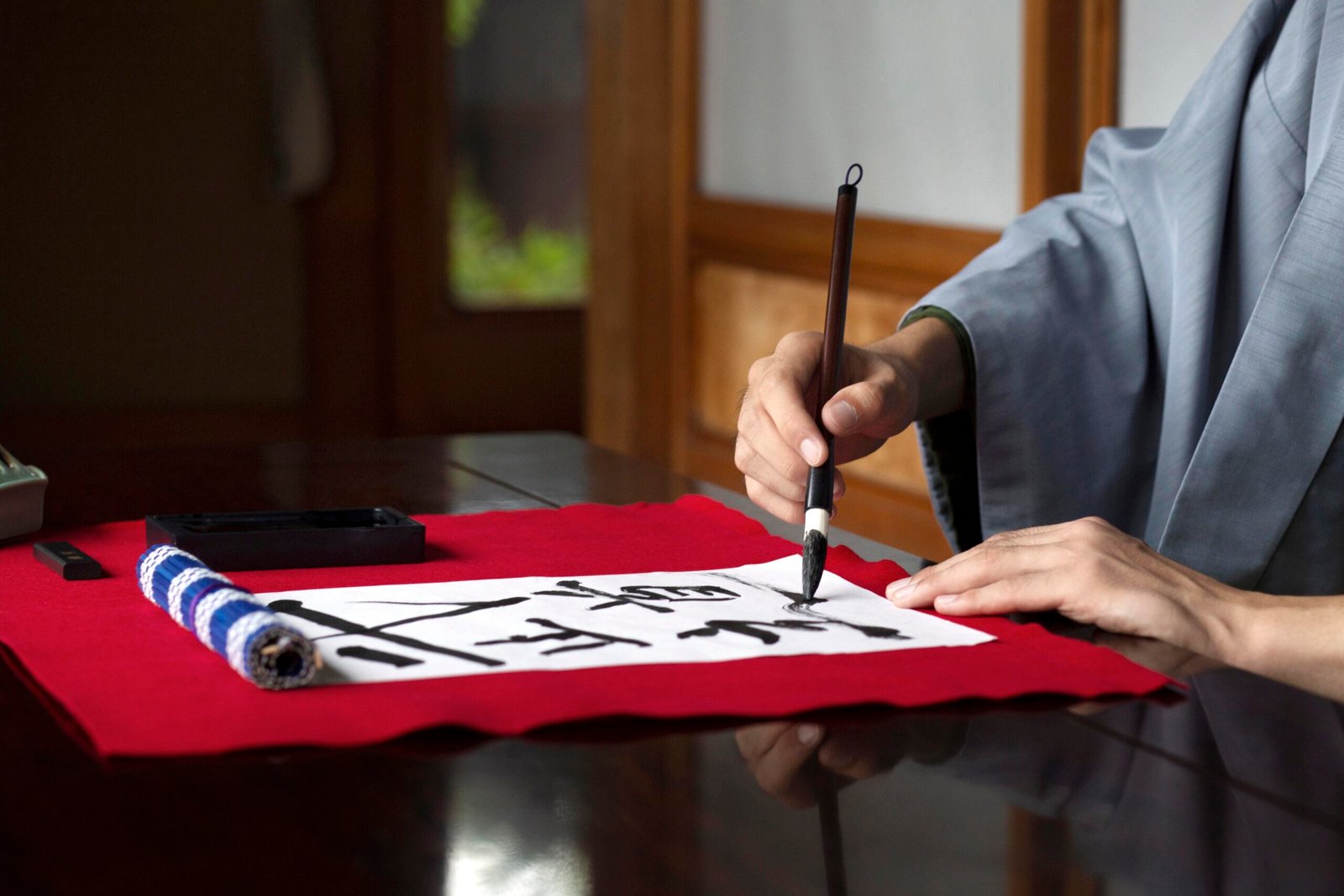Japanese Curse Words: Understanding Swearing in Japanese Culture
Swearing and curse words are a part of every language, but they often come with cultural nuances that make them unique to the people who speak them. Japanese is no exception, and learning the more colorful side of the language can be interesting and valuable for any serious language learner. However, understanding when and how to use curse words is crucial in Japanese, as they are generally reserved for more extreme emotional situations and can have significant cultural and social implications.
In this post, we’ll explore some common Japanese curse words, provide examples of how they’re used, and discuss when they might be appropriate (or not). We’ll also discuss how Migaku can help you learn these expressions in context so you can better understand how native speakers use these words in everyday situations.
1. バカ (Baka) – “Idiot” or “Fool”
One of the most commonly known curse words in Japanese is バカ (baka). It’s the equivalent of calling someone an “idiot” or “fool” in English. While not as harsh as some other swear words in Japanese, バカ (baka) is used very frequently in both casual and more intense settings, especially when people are upset or frustrated. The impact of this word really depends on the tone, context, and relationship between the speakers.
When to Use It:
- バカ (baka) can be used playfully with close friends or in a joking manner. However, it’s considered rude or disrespectful if used in a more serious context, particularly with people you don’t know well or someone of higher status.
- It’s common in anime, drama, and movies, where characters use it to express frustration.
Example:
- A: そんなバカなこと言わないで (Sonna baka na koto iwanaide) – Don’t say something stupid.
- B: バカだな (Baka da na) – You’re such an idiot.
If you’re speaking casually to a friend or loved one, バカ (baka) can be a lighthearted way to tease. However, it can escalate quickly if used in anger or frustration, and it’s not something you should say to superiors or strangers.
2. クソ (Kuso) – “Shit” or “Damn”
クソ (kuso) is another popular curse word in Japanese that is roughly equivalent to the English “shit” or “damn.” It’s often used when expressing frustration, anger, or surprise. It’s considered more vulgar than バカ (baka) and is typically used in emotional outbursts. Like many swear words, the intensity of クソ (kuso) depends on the situation and your tone of voice.
When to Use It:
- クソ (kuso) is a strong curse word and is typically used when you’re angry or upset. It’s often heard in anime, movies, or in more casual, heated conversations.
- It’s considered inappropriate for formal settings or professional conversations.
Example:
- A: クソ、間違えた (Kuso, machigaeta) – Damn, I made a mistake.
- B: クソ野郎 (Kuso yarou) – You bastard.
クソ (kuso) can also be used to describe something that is “crappy” or disappointing. For example, クソ映画 (kuso eiga) means “a crappy movie.”
3. 死ね (Shine) – “Die”
死ね (shine) is one of the most offensive and harsh swear words in Japanese. It literally translates to “die” and is used to express extreme anger or hatred. This word is extremely disrespectful and should be avoided in any casual conversation or polite setting.
When to Use It:
- 死ね (shine) is very serious and should only be used in the most intense emotional contexts. It’s considered one of the worst insults in Japanese and is typically heard during heated arguments or moments of extreme rage.
- It’s often seen in more intense anime, movies, or scenes where characters are showing deep anger.
Example:
- A: 死ね、クソ野郎 (Shine, kuso yarou) – Die, you bastard.
- B: 死ねって言ってるだろ!(Shine tte itteru daro!) – I told you to die!
Using this word can have severe consequences, both socially and personally, so it’s best to avoid it at all costs.
4. うるさい (Urusai) – “Shut Up” or “Noisy”
While not technically a curse word, うるさい (urusai) is often used as a strong way to tell someone to “shut up” or to express that they are being too loud or irritating. It’s similar to saying “shut up” in English, and it can sound quite rude if used in the wrong context.
When to Use It:
- うるさい (urusai) is typically used when you’re annoyed by someone’s noise or actions. It can be used casually, but in more serious contexts, it can be a disrespectful way to tell someone to be quiet.
- It’s often used when you’re frustrated with someone, but it’s important to be aware that it can come across as offensive if said harshly.
Example:
- A: うるさい!静かにして (Urusai! Shizuka ni shite) – Shut up! Be quiet.
- B: うるさいな、もう (Urusai na, mou) – You’re so noisy, enough already.
You can also use うるさい (urusai) to describe something that’s loud or bothersome, such as a うるさい車 (urusai kuruma), meaning “a noisy car.”
5. あほ (Aho) – “Idiot” or “Fool” (Regional)
あほ (aho) is similar to バカ (baka) in meaning, both translating to “idiot” or “fool.” あほ (aho) is commonly used in the Kansai region (Osaka, Kyoto), where it’s more popular than バカ (baka). The meaning and intensity of あほ (aho) are similar to バカ (baka), but it can be seen as even more informal and playful, especially when used in friendly teasing.
When to Use It:
- あほ (aho) is typically used in more relaxed settings with friends or family, especially in the Kansai region.
- It’s less severe than バカ (baka) and can be used casually, but it can still sound rude depending on the tone.
Example:
- A: あほなこと言わないで (Aho na koto iwanaide) – Don’t say something stupid.
- B: あほか (Aho ka) – Are you an idiot?
In more formal situations or with people you don’t know well, it’s better to avoid using あほ (aho), as it can come across as disrespectful.
How Migaku Can Help You Learn Curse Words in Context
Understanding curse words in Japanese is crucial to becoming fluent, but using them correctly is just as important. Migaku helps you learn swear words like バカ (baka) and クソ (kuso) by providing you with immersive content such as anime, movies, and real-life conversations. By watching how these words are used in context, you’ll better understand when and where to use them.
With Migaku, you can:
- Learn swear words in context: Watch how these words are used by native speakers in media, helping you understand their impact and appropriate usage.
- Create flashcards: Save words like バカ (baka) and 死ね (shine) to your flashcard system and practice them regularly.
- Track your progress: Use Spaced Repetition Systems (SRS) to retain these words and understand them deeply.
For more information on how Migaku can help you learn Japanese and understand the cultural context behind swear words, check out Migaku’s Guide to Japanese Swears.
Conclusion
While curse words in Japanese are often considered taboo and are used in specific, high-emotion situations, learning them gives you a deeper understanding of the language and its culture. From バカ (baka) to 死ね (shine), each swear word carries its own weight and should be used with caution. Understanding when and how to use them, and knowing when to avoid them, will help you communicate more effectively and respectfully in Japanese.
By practicing with Migaku, you can immerse yourself in authentic Japanese content and get a real sense of how curse words are used in context, helping you gain a fuller understanding of the language.







